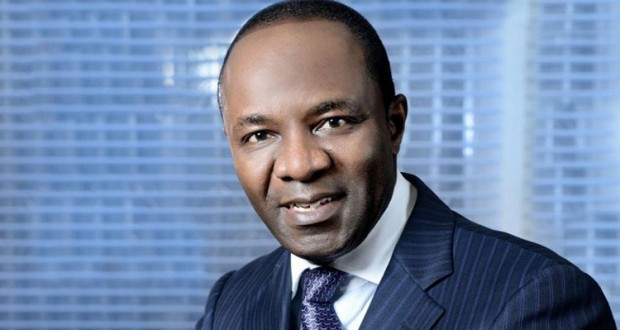The Nigerian National Petroleum Corporation said it has approached some Chinese investors to partner in its Research and Development, R&D, venture. NNPC said this in a statement in Abuja, and also said that it had extended and widen the opportunity to allow American investors participate in the venture.
According to the NNPC, this was in view of the volatility in crude oil prices in the international market and the need to seek a fortune in non-core oil sector to stay afloat. Chief Operating Officer, NNPC Ventures, Mr. Babatunde Adeniran, said that the response from the Chinese had been favourable, stating that there had been low investment in the Industry’s R & D in Sub-Sahara Africa, necessitating NNPC’s commitment to key in to maximise available opportunity in the sub-sector.
Adeniran outlined other non-core oil and gas sectors that are of interest to NNPC to include healthcare, shipping as well as telecommunications. He said the NNPC had 52 clinics across Nigeria, a healthcare investment which he observed, fewer establishments could boast of.
“NNPC Medical is already talking to top class medical centres across the world for partnership. Billions of dollars went into medical tourism in Nigeria yearly. NNPC is poised to take advantage of the gaps in the healthcare delivery in Nigeria,” he said.
Furthermore, following the dip in crude oil prices from 2014 to 2016 which precipitated more than 25 per cent drop in global spend on exploration and production, Adeniran enjoined oil companies worldwide to think outside the box to fix challenges currently plaguing the industry.
To weather the storm in the current dispensation, Adeniran said oil companies must re-think the essence of their business and their role in the value chain, while demonstrating astuteness in spotting and capturing business opportunities in ancillary services, among others.
He added that oil companies, at a time like this, must prioritize profitable growth to guard against dissipating valuable resources and energies on developing unprofitable assets, adding that the current situation in the industry also required that the workforces are flexible to navigate the new era of volatility.

